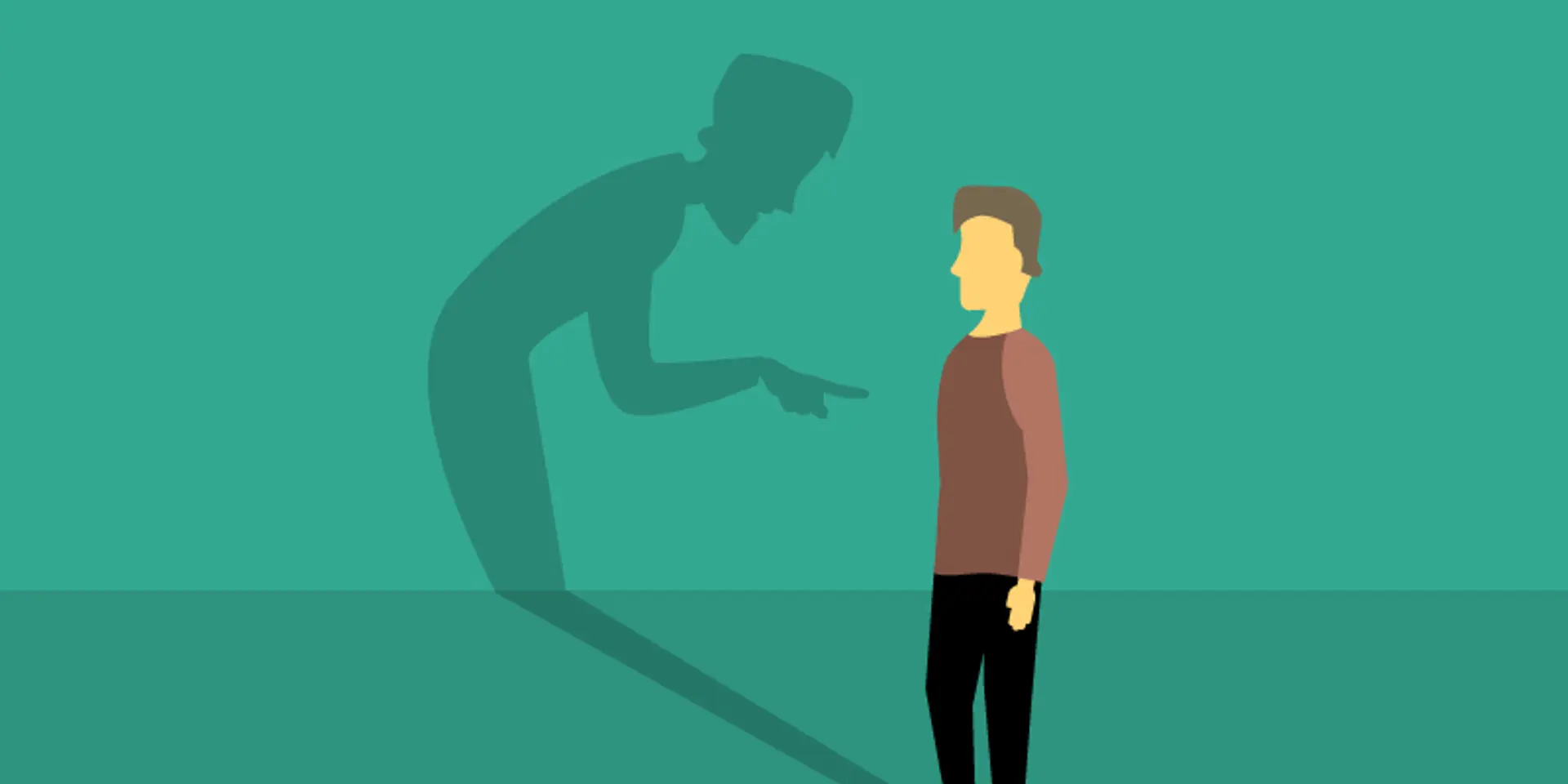Here’s how you can be more self-disciplined
For most of us, discipline seems like a fairy tale from a land far, far away. There is so much that we can accomplish but why is it that we don’t? How many times have you looked back and thought you could have achieved something if only you had finished what you started? These questions plague us all.
Discipline is required in every aspect of life. It helps you with your work, your daily errands, your health, and even your personal life. But what keeps us from this Holy Grail is our love for procrastination, and the need to indulge in our impulses all the time. But this, as you may have already realised, will get you nowhere in life. As Roy.T.Bennet puts is, “The comfort zone is a psychological state in which one feels familiar, safe, at ease, and secure. You never change your life until you step out of your comfort zone; change begins at the end of your comfort zone.”

The secret to becoming more disciplined is to make it a reward system. According to the AsapSCIENCE team, “Human motivation is highly influenced by how imminent the reward is perceived to be — meaning, the further away the reward is, the more you discount its value.”
The following tips will show you how you can effectively tap into this reward system so that discipline will slowly become a way of life.
Be wary of temptations
You’ll eventually learn to ignore the Devil, but it would be easier now to completely remove temptations from your environment. Instead of fighting the impulse to check your messages, turn your phone off. When there’s lesser energy going into dealing with the temptations, your work can get better attention. But what if the temptation is in your head – an intruding idea threatening to seize your attention? Tell yourself that it can wait, because it can. Write down your distracting thoughts if you have to so you won’t have to think about it until you finish your task. This requires a certain firmness of mind that you will need to develop.
You need to ‘feel’ healthy
Knowing that you’re healthy and therefore, feeling healthy keeps your state of mind positive. Physical exercise gives you this benefit. It releases endorphins – the ‘feel-good’ hormone – in the system. This not only changes your perception of pain but keeps you generally positive. More importantly, physical exertion trains your mind to push beyond your limits, to keep going. This is a great way of developing grit, an essential trait to master self-discipline.
Routines are your training camp
Following an easy routine every day is a way of continually practicing the art of discipline. When you can discipline yourself to follow through easy tasks, like chores, you’ll be better equipped to handle the more intimidating ones. Each routine you successfully follow gives you a powerful reward – satisfaction. Once you get the taste of satisfaction, you’ll want more of it. And voila! You have your motivation. Routines also give you a sense of structure and stability which you can apply to your tasks as well.
Take it slow
Discipline is a hard shell to crack so you need small, consistent efforts to finally achieve it. While it is necessary to keep pushing yourself out your comfort-zone, one must also be practical. If your goal is to rise early, don’t expect yourself to wake at an ungodly hour when you’ve been an owl all your life. The practical thing to do here would be to push your sleep cycle by 30 minutes every day. The lesser you struggle, the more easily you will accept changes in your lifestyle, and the lesser disappointment you will face if you fail. Taking it slow also means to take sufficient breaks during a task. This way, you’ll avoid exhaustion and will be able to return to it with greater ease.
Visualise every step
While visualising your goals and its rewards will tickle your endorphins, what really helps you achieve them is visualising the steps required to get there. This is a way of preparing yourself for a task and the complications it may bring. When you only visualise your goal, the distance between that and your present state will seem infinitely long. We all know what this eventually leads to – demotivation and procrastination. When you achieve a task virtually, doing so in reality won’t seem so daunting,
Make room for failure
This doesn’t mean accepting failure even before you begin. Anticipating it, on the other hand, will mean lesser disappointment. The road to self-discipline is not one that is comfortable, especially to an enthusiastic procrastinator. It is a given that you will fail a few times. When you make room for this, however, there’ll be no room for frustration and guilt. Without the two vices, moving on from failure will become a simple, mechanical task.
Discipline only starts as a constant effort. It soon turns into habit that then becomes your lifestyle. All it requires you to do is keep going, one step at a time.



